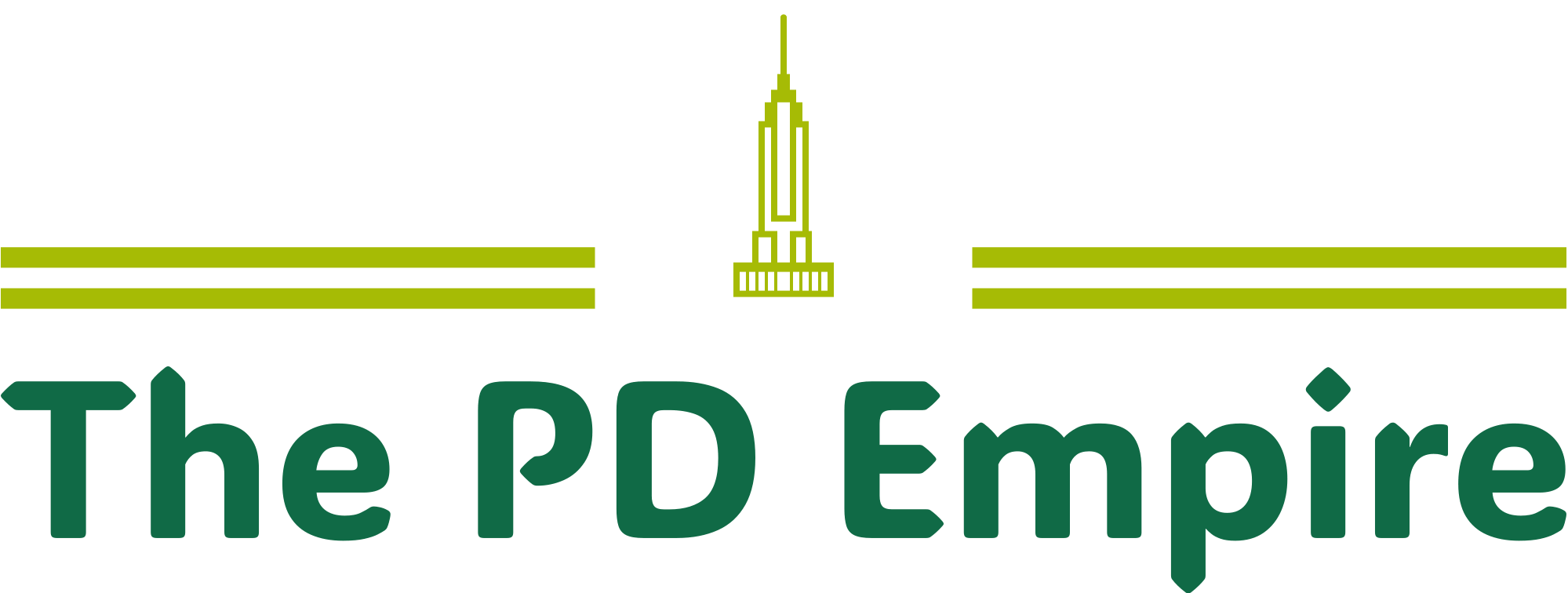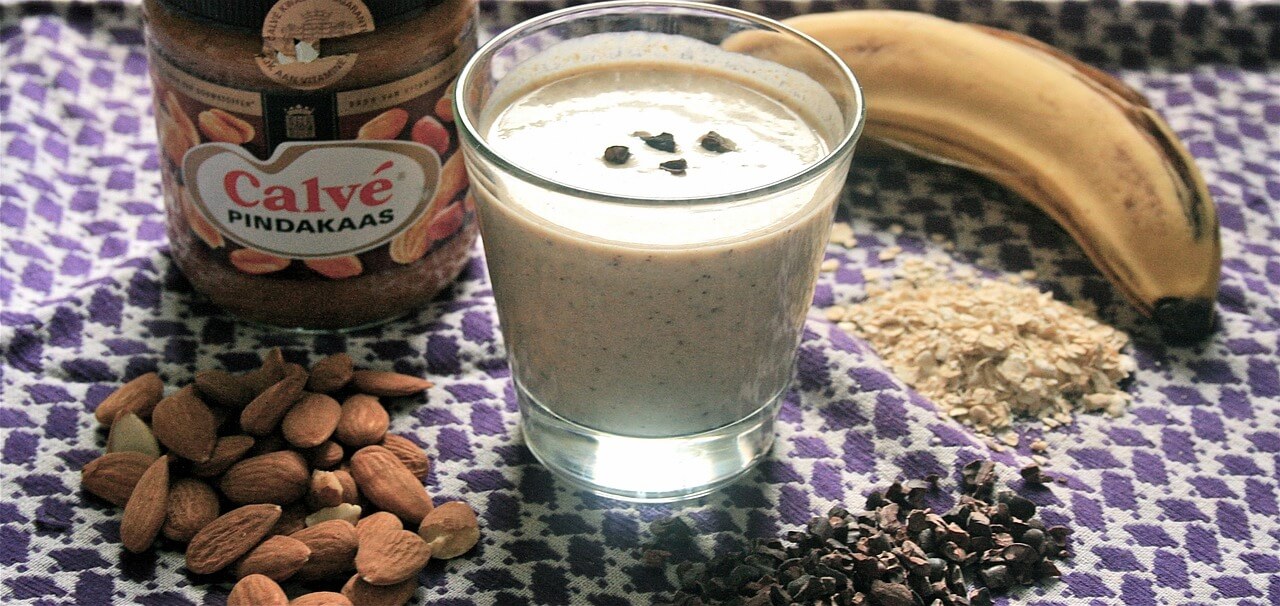Peanut Butter and Banana as an Evening Snack” combo is a classic. Is it good for your health? These are the details along with some cooking suggestions!
In the hustle and bustle of modern life, snacking has emerged as a crucial component of our everyday lives. As the day progresses and energy levels wane, particularly during the evening hours, the importance of a nourishing snack becomes increasingly apparent. Among the myriad options available, one particular combination has been garnering attention: peanut butter with banana. What sets this pairing apart and makes it a preferred choice for numerous individuals? Let’s explore the nutritional advantages and health impacts of enjoying this delightful snack.
Is there a better combo of foods than bananas and peanut butter?
Chocolate with peanut butter, perhaps. That has a place, too.
I adore pairing peanut butter with bananas in baked products or for breakfast. These two wholesome foods complement each other so beautifully, but are they good for you?
The quick answer is that including bananas and peanut butter in your diet can undoubtedly be healthful. But there’s more to it than that, and all the information you require is covered in this piece. Why it’s a healthy choice, along with some dish suggestions to get you started.
Contents
Nutritional value of peanut butter
Peanut butter is a popular staple food due to its delicious taste and rich array of essential nutrients. It provides protein, healthy fats, dietary fiber, vitamins and minerals, and supports overall well-being. Protein is crucial for muscle repair, growth, and overall body function. Healthy fats, including monounsaturated and polyunsaturated fats, are beneficial for heart health and can help lower bad cholesterol levels. Dried peanut butter aids in regular bowel movements and maintains gut health, contributing to feelings of fullness and satiety.
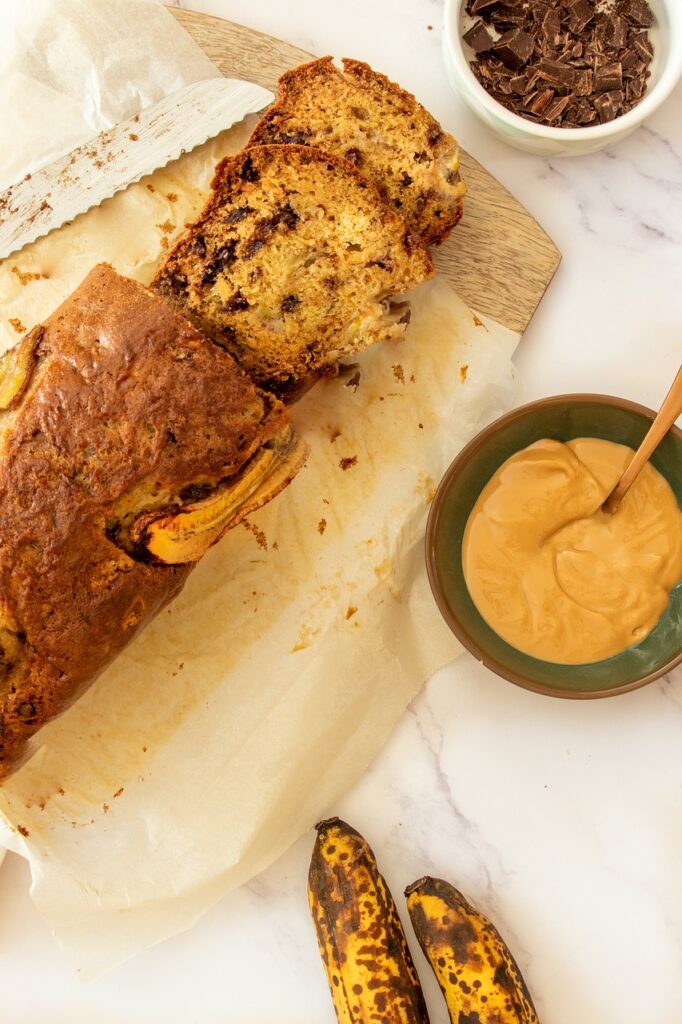
Potassium, a key nutrient in peanut butter, plays a crucial role in regulating blood pressure and fluid balance, promoting a healthy cardiovascular system and reducing the risk of hypertension. It also contains antioxidants and plant compounds, such as resveratrol, flavonoids, and phytosterols, which have been associated with reduced inflammation, improved heart health, and a lower risk of chronic diseases, including certain types of cancer.
In summary, peanut butter is a powerhouse of nutrients that support overall wellness and vitality. It can be enjoyed on toast, in smoothies, or by the spoonful, providing a wealth of health benefits.
Health benefits of bananas
Bananas are a popular source of energy due to their high carbohydrate content, which provides a quick and sustainable energy boost. They are rich in potassium, an essential mineral for maintaining fluid balance, electrolyte levels, and muscle function. Adequate potassium intake is associated with reduced blood pressure, lower risk of stroke, and improved heart health. Bananas are also rich in vitamin C, an antioxidant that supports immune function, promotes collagen production, and aids in wound healing. Vitamin B6, involved in various metabolic processes, is also present in bananas.
Bananas are rich in dietary fiber, both soluble and insoluble, which contributes to digestive health and regularity. Soluble fiber softens stool and regulates bowel movements, while insoluble fiber adds bulk to stool, aiding in food passage through the digestive tract. Consuming bananas regularly can alleviate constipation, promote a healthy gut microbiome, and reduce the risk of digestive disorders like diverticulitis and irritable bowel syndrome.
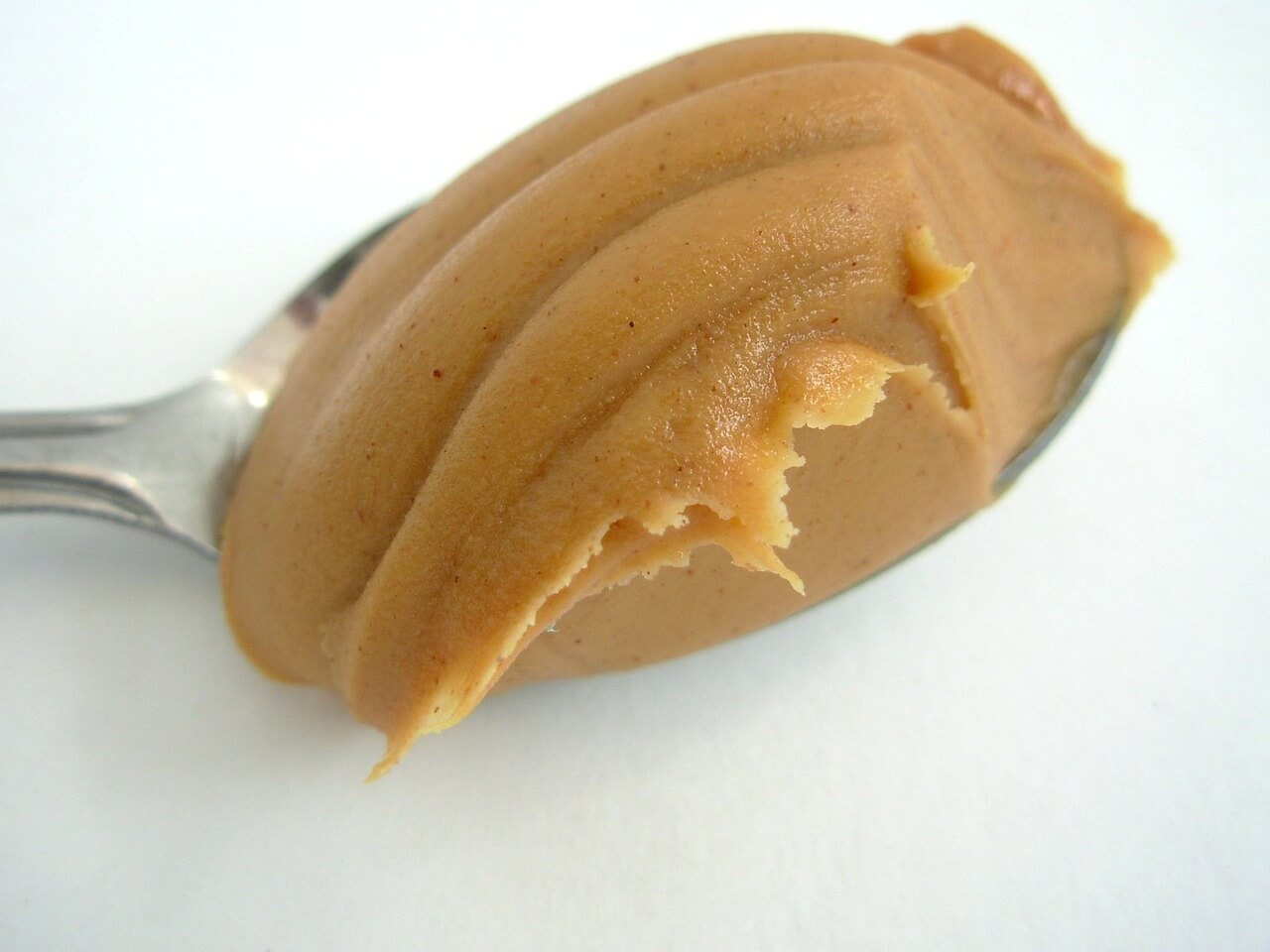
Bananas’ natural sugars and fiber content help regulate blood sugar levels and prevent spikes in blood glucose, making them an excellent choice for individuals seeking to manage their blood sugar levels or maintain stable energy throughout the day. Overall, bananas are a nutritional powerhouse, offering numerous health benefits, including improved digestion, heart health, regulated blood sugar levels, and sustained energy.
Combining peanut butter and bananas
Peanut butter and bananas are a delicious and nutritious snack combination. The smooth texture of peanut butter complements the natural sweetness of bananas, creating a harmonious fusion of flavors and textures. This combination provides a balanced balance of macronutrients and micronutrients, with peanut butter providing protein, healthy fats, and fiber, while bananas offer carbohydrates, vitamins, minerals, and additional fiber.
The protein and healthy fats in peanut butter promote satiety and fullness, while the carbohydrates from bananas provide a quick energy boost. Both peanut butter and bananas also provide essential vitamins and minerals, supporting bodily functions like immune health, muscle function, heart health, and nerve function. The fiber content from both peanut butter and bananas aids in digestion and promotes gut health, regulating bowel movements and preventing constipation. This dynamic duo makes for a satisfying and nourishing snack option, suitable for consumption on its own, spread on whole grain toast, or blended into a smoothie.
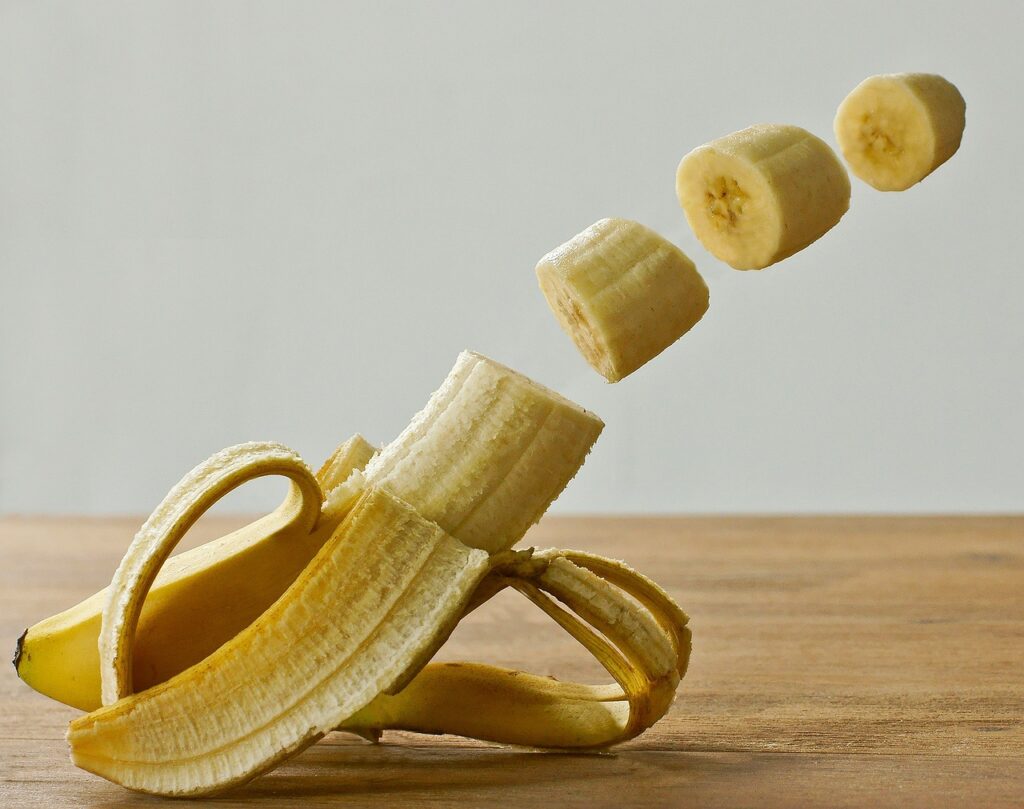
Because of their high potassium content, bananas may be better for heart health. In addition, they are a significant source of vitamins C and B6. Nut butters are rich in B3 and E vitamins. It’s also a rich source of potassium and iron.
Benefits of eating peanut butter with banana as an evening snack
Satiety
The carbohydrates from bananas provide a quick energy boost, while the protein and healthy fats from peanut butter ensure sustained energy levels throughout the evening. This makes it an excellent choice for refueling after a long day.
Protein and fiber in peanut butter and bananas are essential for weight management. Protein increases satiety and reduces appetite by triggering hormones that signal fullness to the brain, curbing cravings and preventing overeating. Peanut butter, a rich source of protein, helps extend the duration of fullness, keeping hunger pangs at bay for longer periods. Both peanut butter and bananas are abundant in dietary fiber, which enhances the feeling of fullness by adding bulk to the diet and slowing down digestion. This steady release of energy sustains feelings of satiety and prevents rapid fluctuations in blood sugar levels that can trigger hunger and cravings.
Consuming a snack combining protein and fiber reduces the urge to indulge in unhealthy options later in the evening, promoting a more balanced approach to eating. The satiating properties of protein and fiber can help individuals adhere to their weight management goals by reducing the likelihood of overeating and promoting a more balanced approach to eating.
Energy boost
Bananas and peanut butter are both rich in carbohydrates, providing a quick energy boost and a sustained energy source for the evening. Bananas are rich in natural sugars like glucose, fructose, and sucrose, which are quickly broken down and converted into glucose, the body’s primary energy source. Consuming bananas helps alleviate fatigue and replenish energy stores after a demanding day.
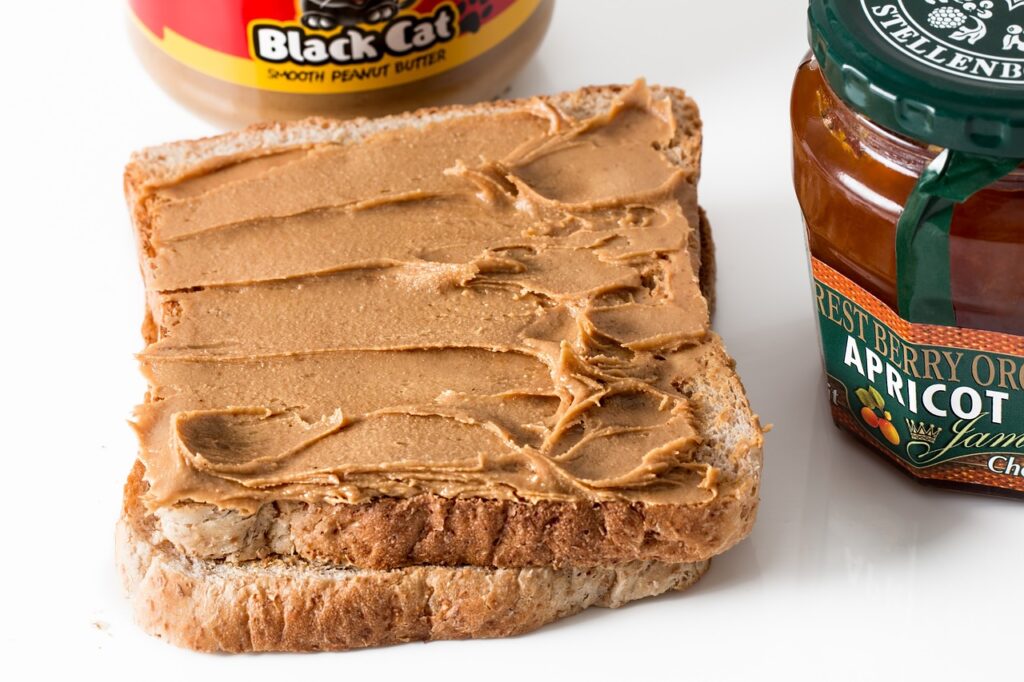
Peanut butter, on the other hand, contains protein and healthy fats that play a crucial role in providing sustained energy. Protein takes longer to digest than carbohydrates, leading to a slower release of glucose into the bloodstream, maintaining blood sugar levels and providing a lasting fuel source.
The concentrated fats in peanut butter, such as monounsaturated and polyunsaturated fats, are metabolized slowly, providing a sustained source of fuel that can last throughout the evening. These fats also enhance the absorption of fat-soluble vitamins and contribute to feelings of satiety, preventing energy crashes and cravings for unhealthy snacks. This balanced approach to energy replenishment ensures stable and consistent energy levels, promoting optimal performance and productivity in the evening hours.
Nutrient intake
The combination of peanut butter and bananas is not just a satisfying snack, but also a nutritious way to support overall health and well-being. Peanut butter is a rich source of protein, essential for tissue repair, muscle building, and immune system support. It is also rich in healthy fats, including monounsaturated and polyunsaturated fats, which promote heart health and regulate cholesterol levels. It is also rich in essential vitamins and minerals, such as vitamin E, magnesium, potassium, and vitamin C.
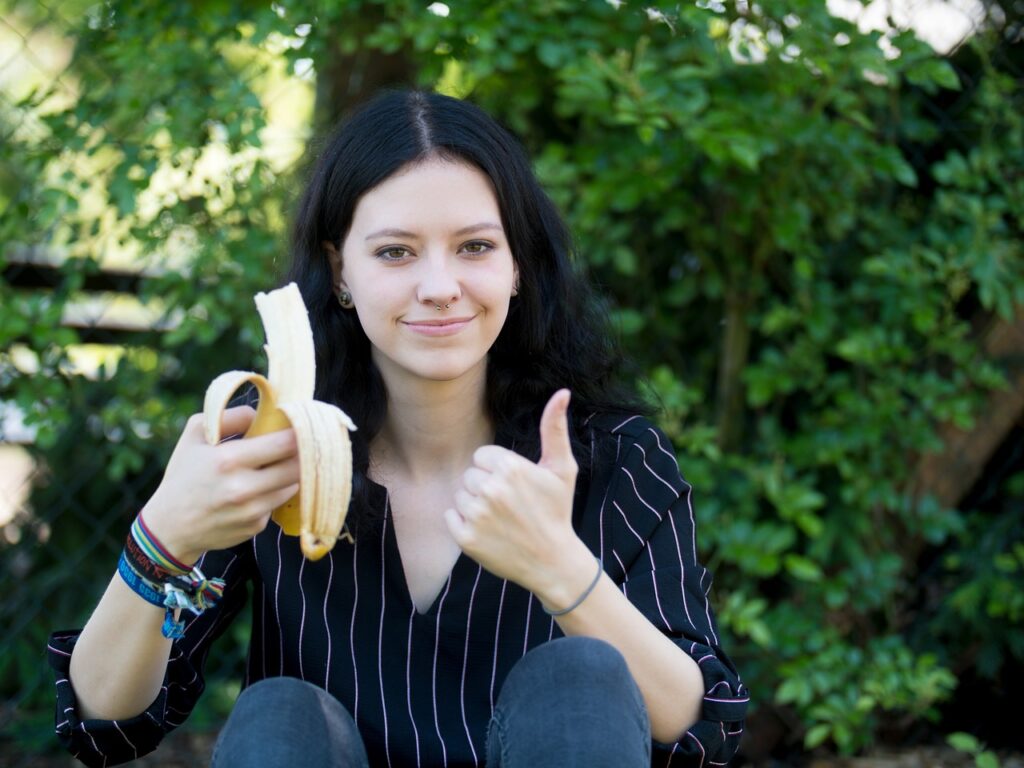
Bananas, on the other hand, are known for their high potassium content, which helps regulate blood pressure, support heart health, and enhance muscle function. They are also rich in vitamin C, which boosts immune function, promotes collagen synthesis, and aids in wound healing. They also provide vitamin B6, which is involved in metabolism, brain development, and neurotransmitter production.
Both peanut butter and bananas are rich in antioxidants, such as resveratrol, flavonoids, and phytosterols, which protect the body against oxidative stress and inflammation. These antioxidants have been linked to numerous health benefits, including reduced risk of chronic diseases like heart disease, cancer, and diabetes. In essence, the combination of peanut butter and bananas provides a convenient and nutritious way to support overall health and well-being.
Digestive health
Peanut butter and bananas are a nutritious snack that provide a significant dose of dietary fiber, which is crucial for maintaining digestive health. Fiber helps regulate bowel movements, prevent constipation, and promote regularity by adding bulk to stool. Consuming foods rich in fiber can prevent digestive discomfort and ensure smooth bowel movements.
It also supports the maintenance of a healthy gut microbiome, which is a diverse community of bacteria and microorganisms in the gastrointestinal tract. Fiber acts as a prebiotic, providing fuel for the growth and proliferation of beneficial bacteria, supporting a strong immune system and potentially reducing the risk of digestive disorders like inflammatory bowel disease and irritable bowel syndrome.
Incorporating peanut butter and bananas into your evening routine not only satisfies hunger cravings but also supports digestive health. Soluble fiber absorbs water, forming a gel-like substance in the digestive tract, while insoluble fiber adds bulk to stool and promotes regular bowel movements. Overall, including fiber-rich foods like peanut butter and bananas in your diet can contribute to better digestive function and overall well-being.
Weight management
Peanut butter and bananas are a nutritious and balanced snack that can support weight management efforts. They contain protein, fiber, and healthy fats that contribute to feelings of fullness and satisfaction, helping to curb cravings and prevent overeating on high-calorie foods. Protein triggers hormones that signal fullness to the brain, reducing appetite and preventing excessive food intake. By including protein-rich foods like peanut butter in your diet,
you can extend feelings of fullness and satisfaction, making it easier to control portion sizes and reduce overall calorie intake. Fiber adds bulk to meals and snacks, promoting feelings of fullness and preventing hunger pangs between meals. By including fiber-rich foods like bananas in your diet, you can delay gastric emptying and slow down the absorption of nutrients, leading to prolonged satiety and reduced calorie intake over time.
Saturated fats in peanut butter provide a steady source of energy and help regulate appetite, preventing energy crashes and cravings associated with processed foods. By replacing high-calorie, nutrient-poor snacks with nutrient-dense options like peanut butter and bananas, you can satisfy cravings while supporting weight management goals.
Is it good for health?
Peanut butter and bananas offer numerous health benefits, but excessive consumption can lead to weight gain and other health issues. Peanut butter is calorie-dense due to its high fat content, and overindulging can result in weight gain if not balanced with physical activity and calorie expenditure. Some products may contain added sugars or unhealthy fats, further affecting overall health. Bananas are nutrient-rich but can lead to excessive intake of natural sugars, especially for those managing their carbohydrate intake or blood sugar levels. Moderation is essential to prevent spikes in blood sugar levels and maintain overall health.
People with peanut allergies or specific dietary restrictions should exercise caution when consuming peanut butter and bananas. Peanut allergies can cause severe allergic reactions, so they should avoid peanut butter and opt for alternative spreads like almond butter or sunflower seed butter. Individuals following low-carbohydrate or ketogenic diets may need to limit their banana intake due to their high carbohydrate content.
In conclusion, while peanut butter and bananas offer numerous health benefits, it’s crucial to consume them in moderation and consider individual dietary needs and preferences. Consult with a healthcare professional or registered dietitian if necessary to ensure a balanced and healthy diet.
Potential drawbacks
Despite being widely regarded as healthy options, peanut butter and bananas do have some potential drawbacks that individuals should be mindful of.
Firstly, peanut butter can be calorie-dense and high in fat. While the fats in peanut butter are mostly healthy monounsaturated and polyunsaturated fats, they still contribute to the overall calorie content of the food. Therefore, portion control is crucial, especially for individuals who are watching their calorie intake or aiming to manage their weight. Consuming large amounts of peanut butter regularly without considering portion sizes can lead to an excess of calories, potentially resulting in weight gain over time.
Furthermore, some peanut butter brands may contain added sugars or unhealthy fats, such as hydrogenated oils, which can negate some of the health benefits of peanut butter. It’s essential to read labels carefully and choose natural or organic peanut butter options whenever possible. Natural peanut butter typically contains only peanuts and perhaps a small amount of salt, avoiding the added sugars and unhealthy fats found in processed varieties.
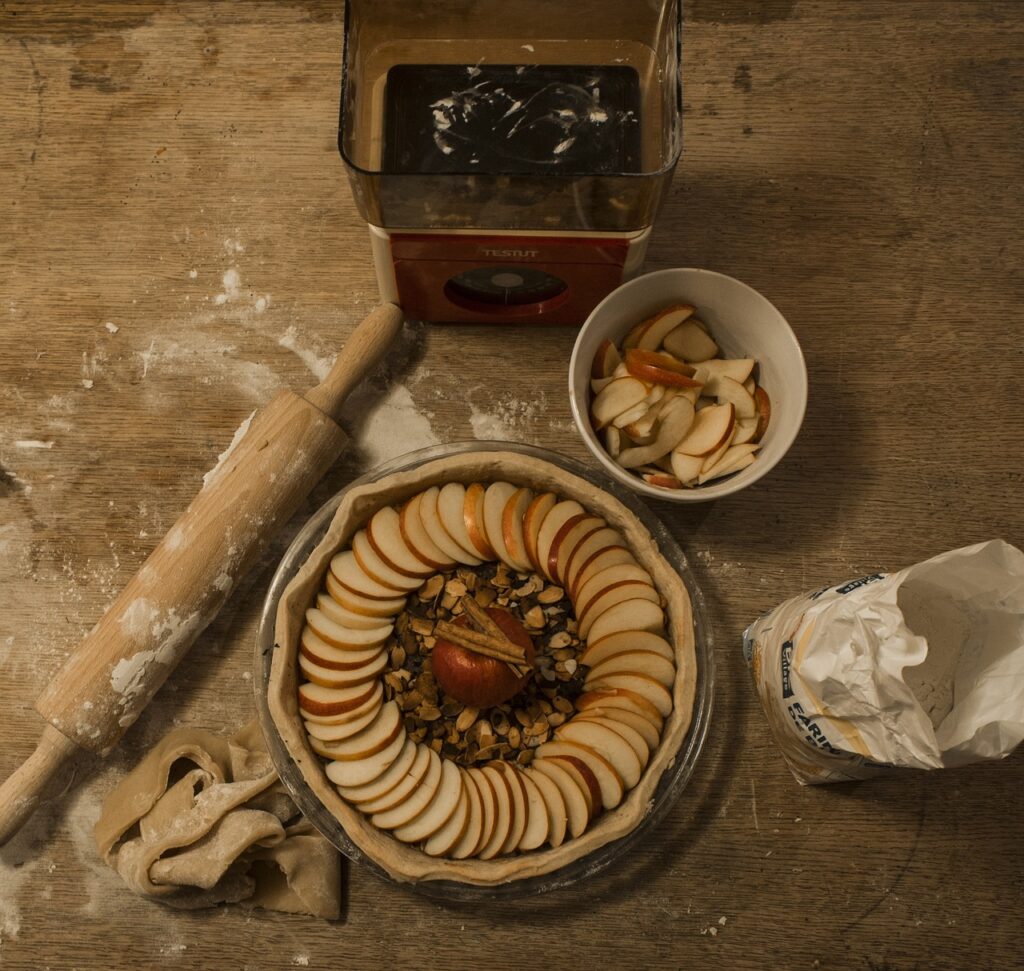
As for bananas, while they are nutrient-rich and provide essential vitamins, minerals, and fiber, they are relatively high in carbohydrates. For individuals following low-carbohydrate or ketogenic diets, which restrict carbohydrate intake, consuming bananas in large quantities may not be suitable. In such cases, it may be necessary to limit banana intake or choose lower-carb fruit options.
In summary, while peanut butter and bananas offer many health benefits, it’s essential to be mindful of potential drawbacks such as their calorie and carbohydrate content. Practicing portion control, choosing natural or organic peanut butter options, and considering individual dietary preferences and needs can help mitigate these potential drawbacks and allow individuals to enjoy the nutritional benefits of peanut butter and bananas as part of a balanced diet.
Conclusion
The combination of peanut butter and bananas is a nutritious and delicious evening snack that offers numerous health benefits. Its protein, healthy fats, carbohydrates, vitamins, and minerals contribute to overall well-being. The combination promotes satiety, curbing cravings and preventing overeating. The carbohydrates in bananas provide a quick energy boost, while the protein and healthy fats in peanut butter ensure a steady release of energy.
The vitamins and minerals in peanut butter and bananas support immune function, heart health, digestion, and bone strength. However, it is essential to consume these ingredients in moderation and choose high-quality, natural options to minimize potential drawbacks. Excessive consumption can lead to weight gain and other health issues. Choosing natural or organic peanut butter options can help avoid added sugars and unhealthy fats found in processed varieties. In conclusion, incorporating peanut butter and bananas into your evening routine can be a delicious and nutritious choice that supports overall health and well-being.
FAQs
- Can I eat peanut butter and bananas every day?
- While it’s okay to enjoy peanut butter and bananas regularly, it’s essential to maintain a balanced diet and practice moderation.
- Are there any alternatives to peanut butter for those with allergies?
- Yes, individuals with peanut allergies can opt for almond butter, cashew butter, or sunflower seed butter as alternatives.
- Can I eat this snack before bedtime?
- Consuming this snack before bedtime may not be suitable for everyone, especially those prone to indigestion or heartburn. It’s best to listen to your body and eat accordingly.
- How can I make this snack more interesting?
- You can experiment with different variations by adding toppings like honey, cinnamon, chia seeds, or sliced almonds for added flavor and texture.
- Is it okay to eat this snack if I’m trying to lose weight?
- Yes, incorporating peanut butter and bananas into your diet can support weight loss efforts by providing satiety and essential nutrients. Just be mindful of portion sizes and overall calorie intake.
